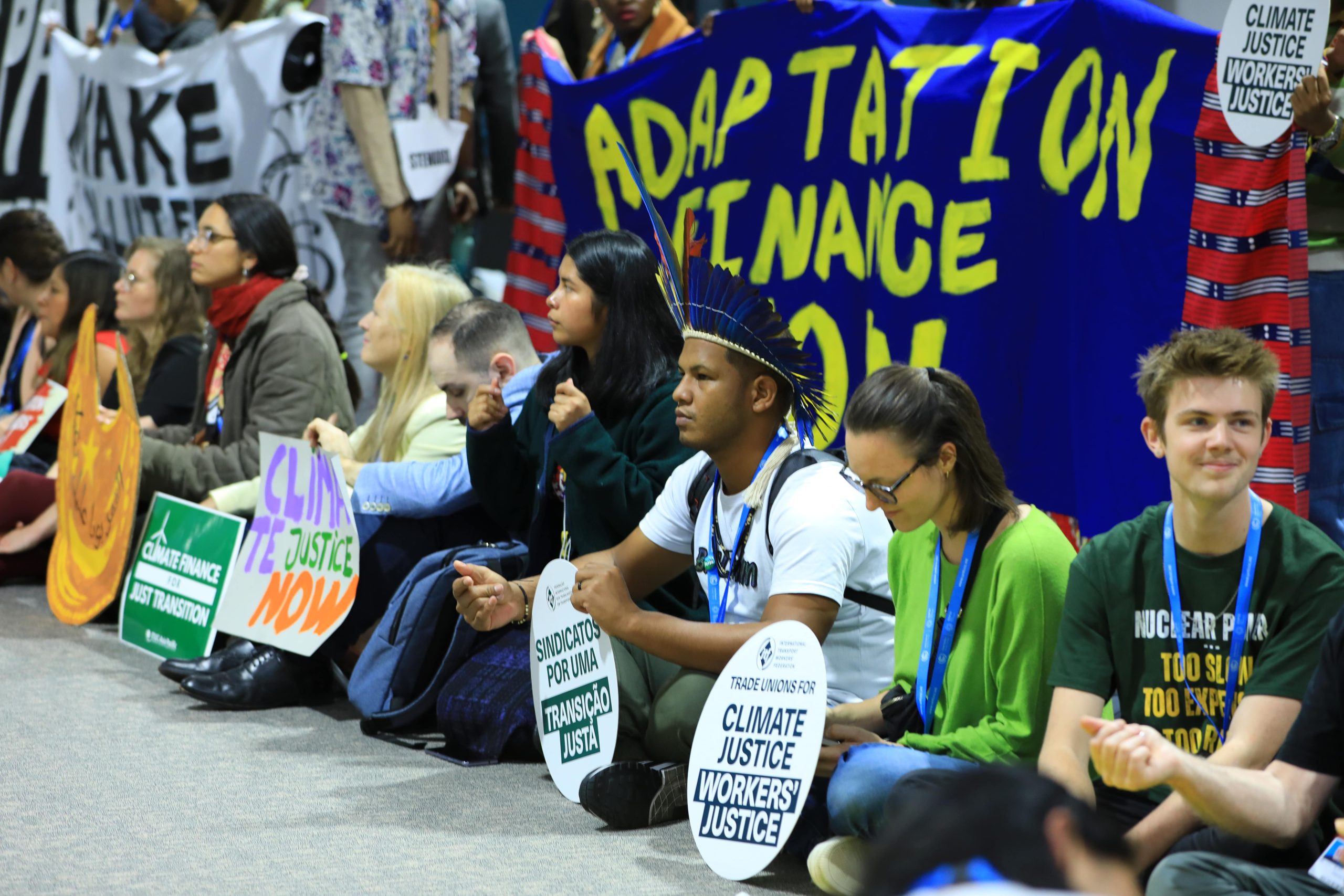
In his first 24 hours back in the White House, President Donald Trump signed an executive order promoting energy independence and economic growth. This order aimed to increase oil and gas drilling on federal lands by reviewing and potentially rescinding regulations considered obstacles to energy production. This executive order signalled a policy shift favouring fossil fuel production, and the immediate effect was a reaction in crude oil prices, with global benchmarks registering a fall that has yet to fully recover.
In anticipation of policy shifts under President Trump’s administration, several major U.S. banks have withdrawn from climate-focused financial groups. Notable institutions include JPMorgan Chase & Co., the largest U.S. bank, which exited the Net-Zero Banking Alliance (NZBA) on January 7, 2025. Other banks, including Citigroup, Bank of America, Morgan Stanley, Goldman Sachs, and Wells Fargo, have also withdrawn from the NZBA to align with this broader shift.
These departures reflect a growing trend of financial institutions reassessing their commitments to climate initiatives in response to evolving political and economic landscapes. European banks are reportedly considering similar actions, with institutions like BNP Paribas re-evaluating their sustainable finance strategies.
This phenomenon, though surprising to some, did not begin with Trump’s return to the White House. The shifting landscape was set in motion after the outbreak of the Russia-Ukraine war, which led many European countries to reverse earlier energy policies. This shift exposed a crucial reality: renewables alone could not guarantee energy security. Instead, nations came to terms with the fact that fossil fuels still play a vital role in meeting the world’s growing energy demand.
Recent political changes in the UK, where the Conservatives lost to the Labour Party, were partly driven by rising energy costs. Media reports indicated that since April 2022, UK consumers had paid approximately £1,880 (UGX 8.6 million)—or about £900 (UGX 4.1 million) more annually—compared to pre-war energy price levels. Sir Keir Starmer, now the UK Prime Minister, had promised voters that his Labour government would deliver cheaper and more affordable energy.
To confirm this shift, several Members of the European Parliament (MEPs) who had previously supported the resolution against the East African Crude Oil Pipeline (EACOP) were not re-elected. Prominent among them were Irish MEPs Clare Daly, Mick Wallace (Independents 4 Change), and Chris MacManus (Sinn Féin), all members of the European United Left–Nordic Green Left (GUE/NGL) group, who lost their seats in the 2024 European Parliament elections.
In June 2023, Shell, the Dutch energy giant that had previously been at the forefront of reducing oil production to align with the Net Zero vision, reversed its own policy. The company announced plans to make “significant investments in oil and gas” to maintain production levels, let alone meet growing demand. Shell invested five times as much in fossil fuels—US$3 billion—compared to its “Renewables and Energy Solutions” segment, which received only US$0.66 million.
This major policy shift by the US and its Western allies is a wake-up call for a more pragmatic approach to global energy realities and the need for increased investment in oil and gas projects worldwide. For Africa—Uganda in particular—this new reality was a direct challenge to the “woke” movements that had hijacked legitimate climate discussions for selfish interests.
Specifically for Uganda’s nascent petroleum sector, this shift means reduced sponsorship of anti-oil campaigns, including the anti-EACOP movement, which has been at the forefront of these efforts. It is a blow to the “woke” groups that had manipulated climate discourse to serve their own agendas.
With the rise of a multipolar world, the outdated unipolar approach—exemplified by the #StopEACOP movement, with its lowest point being the European Union’s resolution to halt the project—is losing its hold. Uganda will now push forward with its oil and gas projects with reduced interference from neo-colonial forces.
The pseudo-climate “warriors” and their opportunistic ventures, like banks, are retreating in shame—they stood on the wrong side of history and found us wide awake.
Trump’s victory is a stark reality check—“Drill, baby, drill!”
By Ali Ssekatawa, Director Legal and Corporate Affairs at the Petroleum Authority of Uganda
